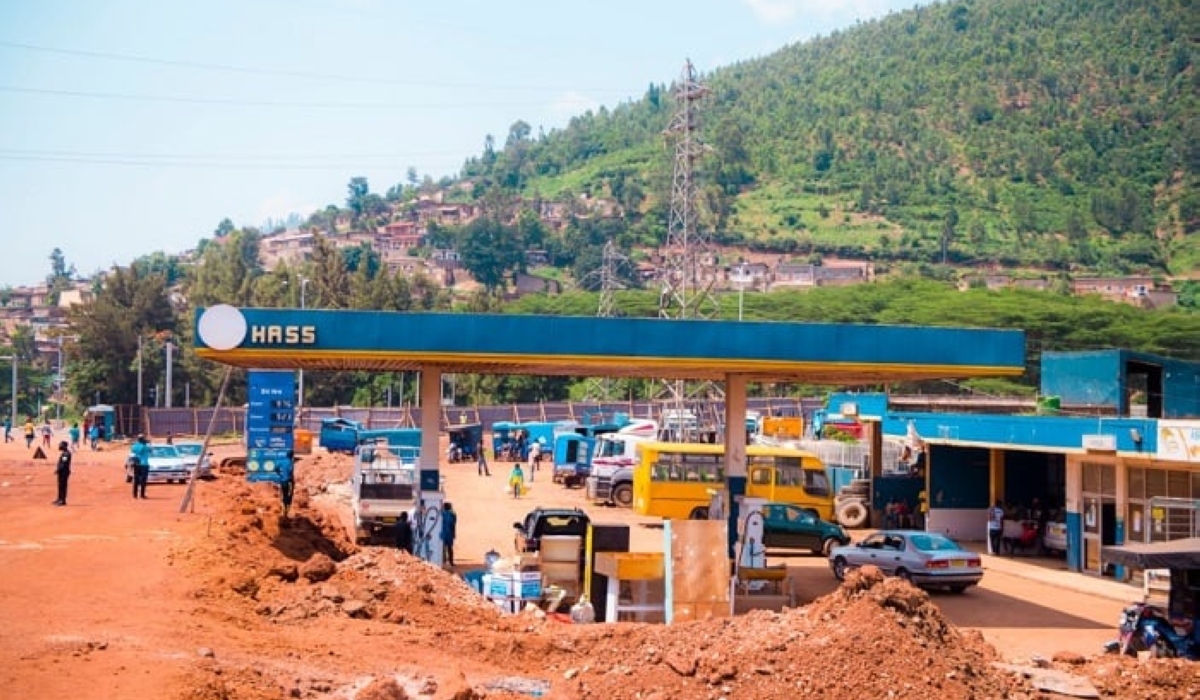Nineteen petrol stations located in designated wetland areas of Kigali are scheduled to close by the end of November as part of the government’s efforts to restore and protect wetlands, according to the Rwanda Utilities Regulatory Authority (RURA).
The initiative aims to combat climate change, enhance biodiversity, improve water quality, and beautify the city’s landscape. Infrastructure projects that do not comply with environmental regulations, including petrol stations, will be affected.
The Ministry of Infrastructure, in collaboration with the Rwanda Environment Management Authority (REMA) and the City of Kigali, has evaluated all petrol stations within wetland zones. Nineteen stations were assessed and categorized based on their environmental impact. In the first phase, officials determined that nine stations could be decommissioned without disrupting fuel supply to the city.
On August 28, 2024, a meeting chaired by the Minister of Environment was held at the City of Kigali. Key attendees included the Mayor of Kigali, the Deputy Director General of REMA, the Director General of RURA, and the owners/operators of the affected stations.
The minister announced that decommissioning activities must commence within 30 days, instructing owners to start draining fuel storage during this period.
RURA has formally notified the affected petrol station operators of the decision, emphasizing compliance with decommissioning and relocation requirements.
Martine Uwera, Program Manager for Environmental Mainstreaming and Biodiversity Management, stated that the Rwandan government has been working to protect environmental assets, such as wetlands, since 2005. The 2005 Organic Law on Environment mandated the removal of all activities from these areas, which are considered government-owned land.
“Even in 2019, these stations were given five years to relocate. However, some properties still remain, prompting the government, in partnership with the City of Kigali, to enforce compliance with environmental laws,” Uwera said.
She added that owners have until the end of November to comply, noting that if they do not relocate, the government will evaluate each case individually.
Uwera highlighted the significance of this action, stating that petrol stations contribute to pollution and health risks, while wetlands are vital for managing stormwater and maintaining water quality, which directly affects public health.
“Wetlands play a crucial role in managing stormwater and improving water quality, impacting public health. Protecting the environment means safeguarding the lives of Rwandans. We must consider how our actions today affect future generations,” she said.
Currently, Rwanda has 337 licensed petrol stations, with 129 located in the City of Kigali and 208 outside the city. Regulations require a minimum distance of 1,000 meters between two stations on the same side of the road. As a result, of the 19 stations inspected, aside from the nine allowed 60 days for compliance, the remaining ten should have already been decommissioned for failing to meet placement standards.

